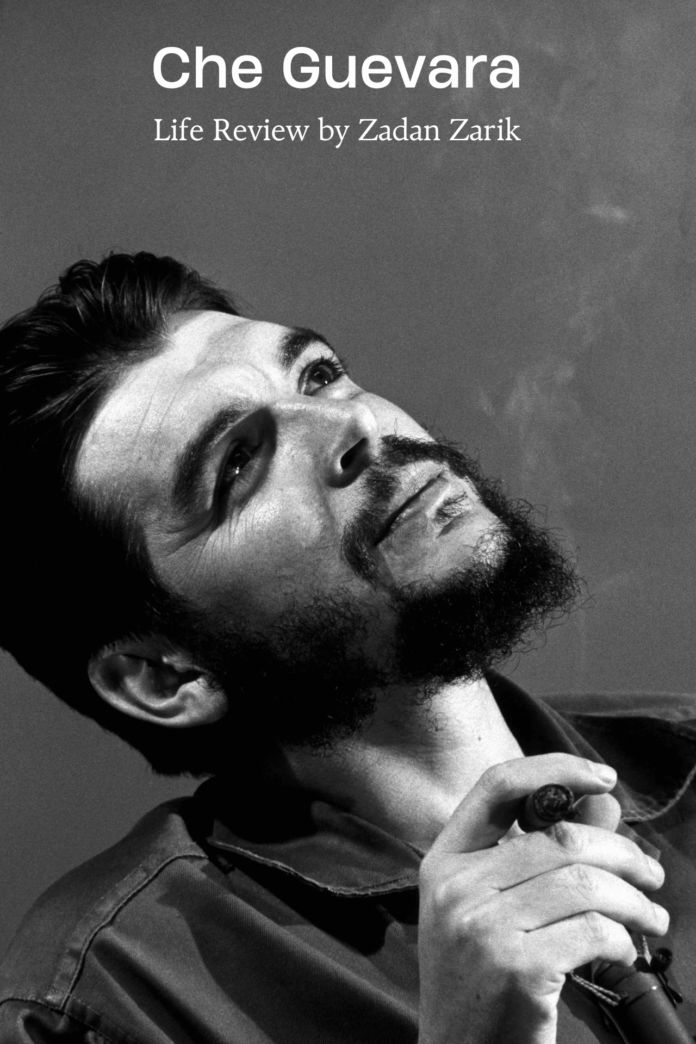Che Guevara wasn’t your average revolutionary hero. He wasn’t in it for the fame or the legend that would eventually be built around his image. No, Guevara had a fire in him, one that burned with the conviction that the world—especially the Latin American world—had to change. But unlike others who might’ve spent their lives talking about the need for change, Guevara went out and lived it. He didn’t just write about the peasants’ plight—he became one of them, fought alongside them, bled with them.
He wasn’t a man of polished speeches or well-curated ideals. His approach was messy, raw, and unapologetically real. He didn’t believe in idealism that was separated from the struggle—it was all tangled up together. Guevara didn’t just see oppression; he felt it in his bones, and he couldn’t just sit back and write about it. To him, the revolution was both an intellectual and physical act. He didn’t just strategize from the comfort of a desk—he lived in the trenches, in the jungle, in the heart of the revolution, experiencing it firsthand.
If you dug deeper into Guevara, you’d find that he wasn’t the “perfect” revolutionary either. He was contradictory, erratic, and sometimes ruthlessly idealistic to the point of making decisions that would later be debated and questioned. But that was Guevara: a man of action and imperfection. He wasn’t a saint; he was a human caught between the grind of revolutionary fervor and the brutal realities of war. His decisions—sometimes moral, sometimes harsh—were never about personal gain; they were always, at least in his eyes, about advancing a vision that seemed bigger than anything else.
Guevara didn’t care about being adored or mythologized; he was in it for the cause. The face on the t-shirt, the iconic image, wasn’t something he designed. It was the result of the legend that grew around his life after he gave it all up—his medical career, his wealth, his family. He was a man who traded comfort for struggle, who could’ve sat in the safety of his home but chose to put himself on the front lines of history. And even after his death, his legacy, misunderstood and romanticized, still endures—because Guevara, at his core, was a challenge to everything we accept about the world as it is.
At the end of the day, Guevara’s story is one of disillusionment and sacrifice. He started with high hopes of revolutionizing the world, of freeing the oppressed from imperialism and capitalist exploitation. But the truth is, the revolution didn’t look the way he imagined it would. In the end, Guevara was not just a hero but a symbol of the messiness of change. His life wasn’t a neatly wrapped story of success—it was a tumultuous, painful quest to bring his ideals into reality, and in that struggle, he found his place in history.

